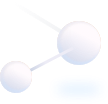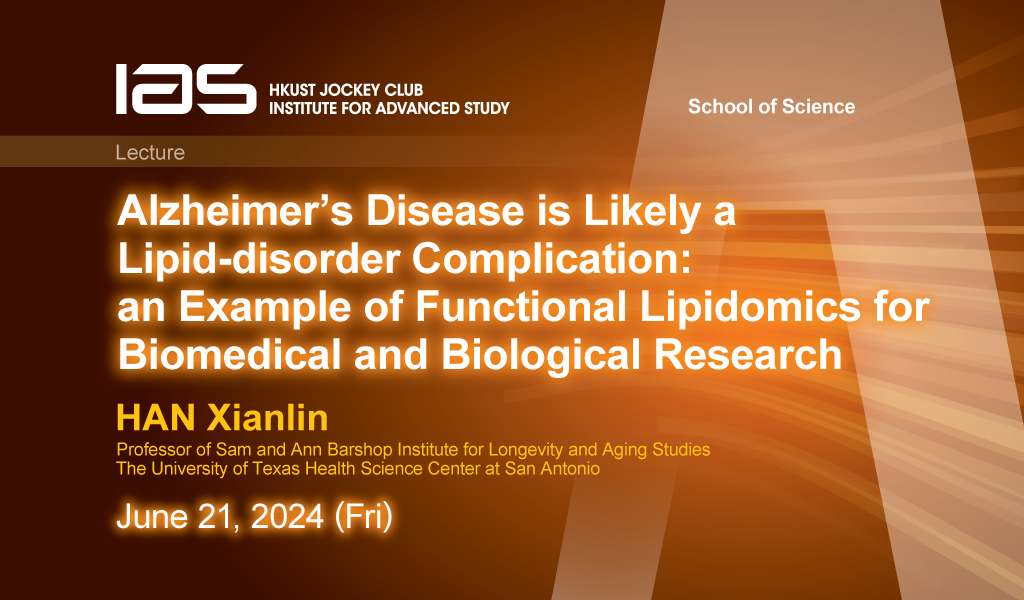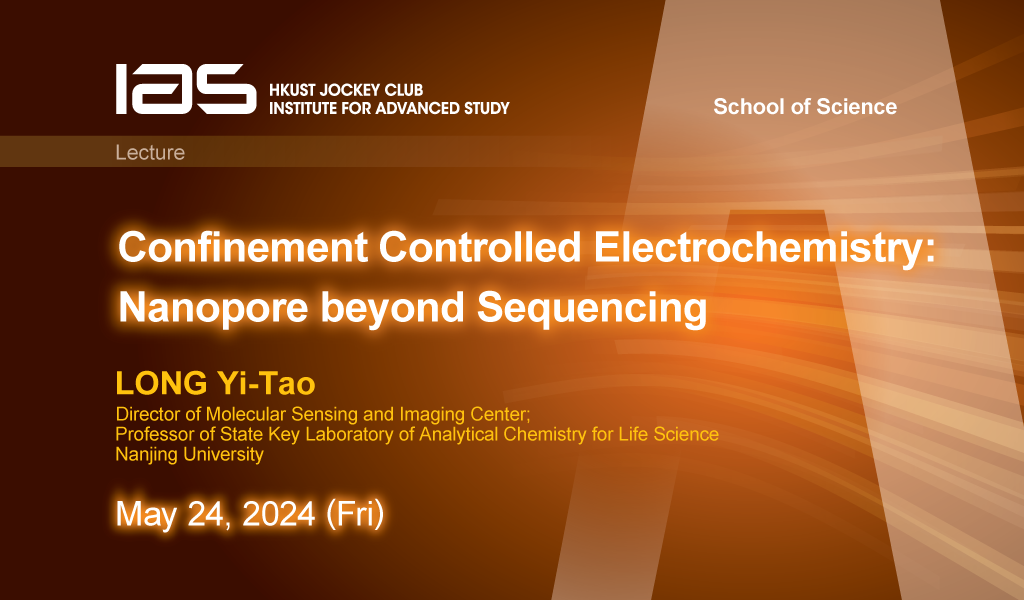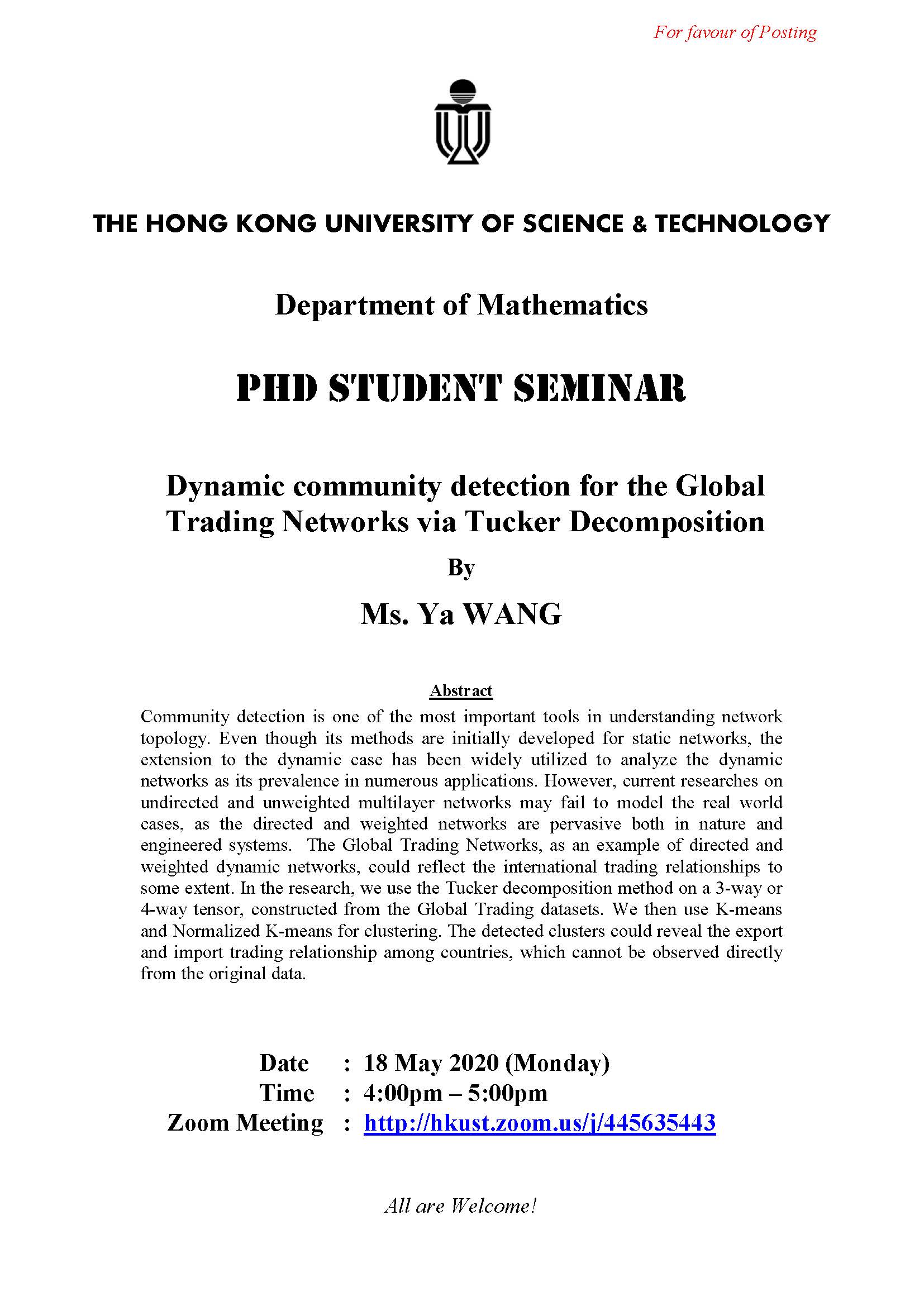Community detection is one of the most important tools in understanding network topology. Even though its methods are initially developed for static networks, the extension to the dynamic case has been widely utilized to analyze the dynamic networks as its prevalence in numerous applications. However, current researches on undirected and unweighted multilayer networks may fail to model the real world cases, as the directed and weighted networks are pervasive both in nature and engineered systems. The Global Trading Networks, as an example of directed and weighted dynamic networks, could reflect the international trading relationships to some extent. In the research, we use the Tucker decomposition method on a 3-way or 4-way tensor, constructed from the Global Trading datasets. We then use K-means and Normalized K-means for clustering. The detected clusters could reveal the export and import trading relationship among countries, which cannot be observed directly from the original data.
5月18日
4pm - 5pm

地點
http://hkust.zoom.us/j/445635443
講者/表演者
Ms. Ya WANG
HKUST
HKUST
主辦單位
Department of Mathematics
聯絡方法
mathseminar@ust.hk
付款詳情
對象
Alumni, Faculty and Staff, PG Students, UG Students
語言
英語
其他活動

6月21日
研討會, 演講, 講座
IAS / School of Science Joint Lecture - Alzheimer’s Disease is Likely a Lipid-disorder Complication: an Example of Functional Lipidomics for Biomedical and Biological Research
Abstract
Functional lipidomics is a frontier in lipidomics research, which identifies changes of cellular lipidomes in disease by lipidomics, uncovers the molecular mechanism(s) leading to the chan...

5月24日
研討會, 演講, 講座
IAS / School of Science Joint Lecture - Confinement Controlled Electrochemistry: Nanopore beyond Sequencing
Abstract
Nanopore electrochemistry refers to the promising measurement science based on elaborate pore structures, which offers a well-defined geometric confined space to adopt and characterize sin...

